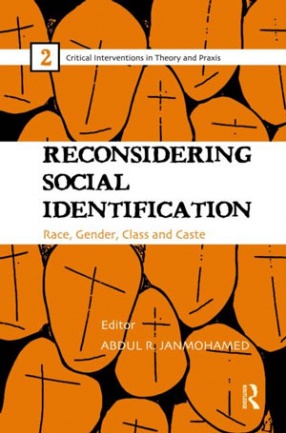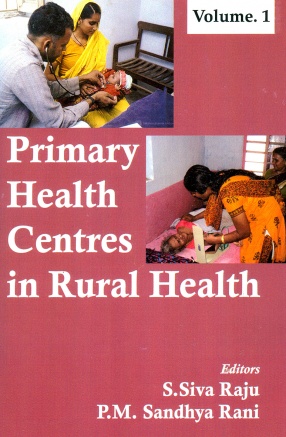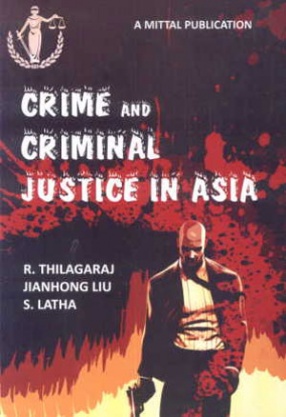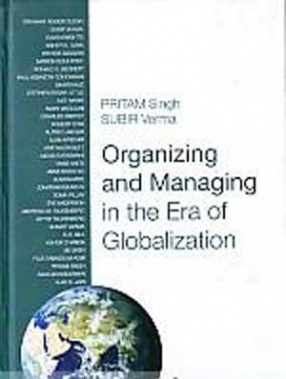This volume is an argument for further cross-national, interdisciplinary dialogue on the political economy of social identification and division. It investigates how four socially constructed identities race, gender, class and caste may be rethought as matrices that accumulate values and translate and transfer them from one to another. The articles also attempt to compare the mechanisms deployed by various groups to consolidate social identificatory investments.
Against this backdrop, the first part explores the mechanisms of avowal and disavowal, fetishization and displacement that attend the processes of identity and difference, and inclusion and exclusion. Part two examines how constructions of race and ethnicity, gender and sexuality circulate and are accommodated within the political economic framework of neoliberalism, while part three focuses on the mutual translatability of race and caste, of African-American and Indian Dalit histories and experiences, while also examining the mutations of power within the Dalit community, particularly in relation to gender dynamics. It does this primarily through comparative studies of African American and Dalit literatures. The last part interrogates historical and contemporary, colonial and neo-imperialist articulations of racialized perceptions of the Other, based on a wide range of literary and cultural texts drawn from the Korean, Indian, Canadian and Swedish contexts.





There are no reviews yet.